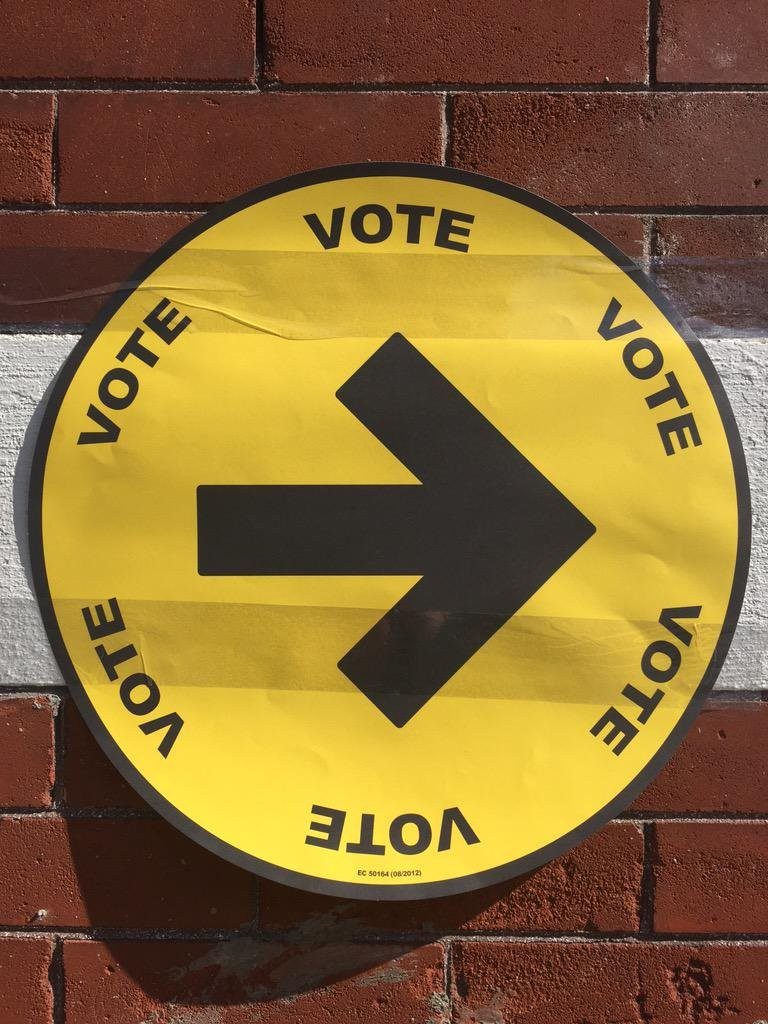
Slap on that mask and get out to you local voting location! This election may be the most. boring in a long time, but it’s important to exercise this very important aspect of democracy. Check out the recap of the election on Wikipedia. Remember this time voting may take longer than normal due to the pandemic.
Over at Settlement.org they have an overview of what you need to vote:
To vote in a Canadian federal election you must be:
-
a Canadian citizen (temporary and permanent residents cannot vote)
-
18 years old or older on election day
-
a resident in the electoral district
-
registered on the Voters List (also called the list of electors)
If you meet the first 3 requirements but are not on the Voters List, you must add your name to the list using the online voters registration service or by handing in a Registration Certificate at your local polling station or Elections Canada office.
Don’t like the way democracy is practiced in Canada and what to explore better, more democratic, ways to vote? We’ll, you should check out Teardown, it’s an absolutely fantastic book by Dave Merlin that explores tried and true alternatives to our current system.
Go vote to make things even gooder!

